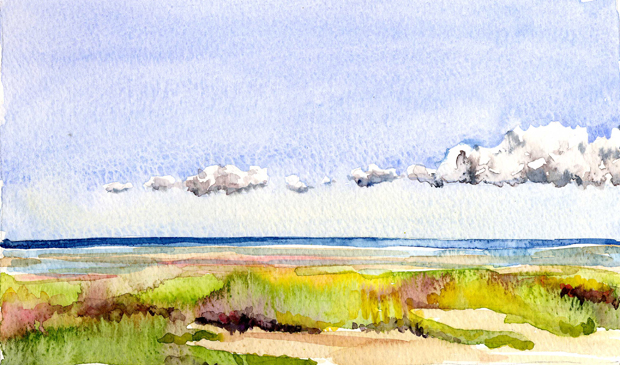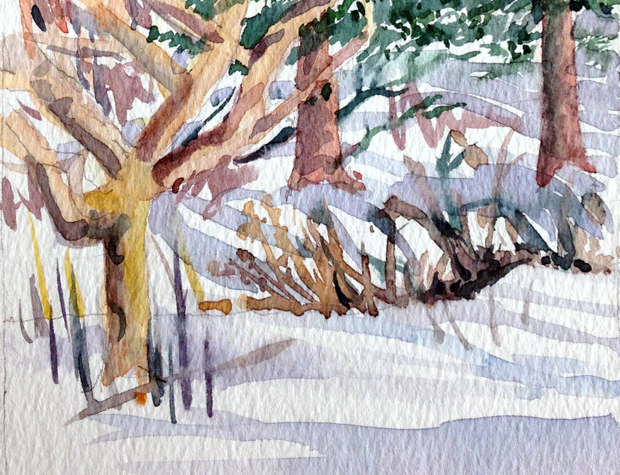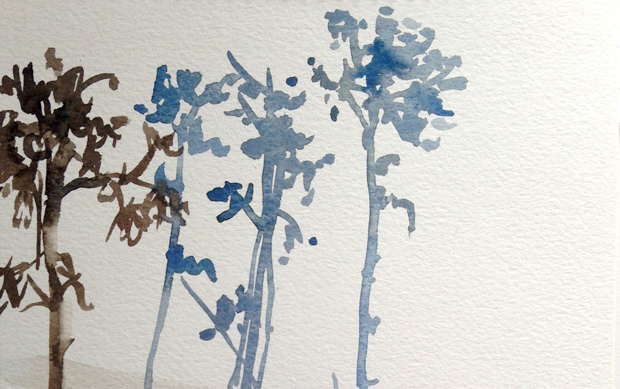Yesterday, in my Ecological Design Thinking class, I showed a couple of images of the iconic Sand Palace, the reinforced concrete house that is still standing in Mexico Beach, FL after Hurricane Michael slammed ashore with 155-mph winds that flattened the rest of town.
I asked my students to consider what questions this raises about building in a place like that, the lengths this owner and his engineer went to, etc. One student from Florida said it showed foresight and was a smart way to build in this day and age. Why not exceed current code by twice the wind load? Instead of Florida’s 2002 code requiring a house in that place to withstand 120-mph winds, this one is designed for 240-250 mph.
Something about it bothers me, though. What does it mean that this one resilient house survives and everything else around it is destroyed? What is the point of this lone house in a place where nothing else is working? In a place absent of connection and reciprocity? Continue reading










